Key Stage 3
At The Whitley AP Academy we are firm in our commitment in providing a broad and balanced curriculum which matches the needs of our diverse cohort of pupils. We are ambitious in our desire to deliver a curriculum which addresses a wide range of local, national and international issues. We also recognise the importance of developing the key skills of our young people so that they can fully access the curriculum, this includes reading, writing, oracy and numeracy, thereby allowing pupils to be fully prepared for the next step in their learning journey.
Our Key Stage 3 curriculum is designed to ensure that pupils are fully prepared either for a return to mainstream education, or for the demands of our Key Stage 4 curriculum; the Key Stage 3 curriculum broadly matches the breadth of subjects delivered in mainstream schools.
Our formal curriculum provides high quality teaching from specialists across the subject range. As a fully inclusive school, our curriculum is designed to meet the needs of all students, whatever their needs. Our wider, informal curriculum focuses on the personal development of our pupils, this includes an engaging and bespoke Form Time programme with five key strands of focus each week. Throughout the school year we also run six themed Safeguarding and Well-being weeks, these are typically based on a key issue which is relevant to the pupils.
For further information about our curriculum, please contact the school by email: admin@twapa.co.uk

English
The English curriculum supports pupils to acquire knowledge, skills and to seek meaning within their world. The English curriculum has been designed to ensure that pupils have a rich experience of a diverse range of texts which promote equality, cohesion, political awareness and British values; as well as being challenged and supported to write regularly.
In Key Stage 3, pupils are allocated three lessons of English per week. We access the National Curriculum to ensure pupils are able to experience a wide range of different texts including fiction, plays, poetry and non-fiction. Pupils are provided with opportunities to express their thoughts and ideas both creatively and accurately; not only through their writing but also through debate, drama and formal presentations.
Spiralised learning is fundamental to the curriculum, so that pupils build on and retain their knowledge as the key stage progresses. Knowledge recall is an integral part of the subject as pupils will be asked to organise their ideas, apply knowledge and problem-solve. Learning is personalised and scaffolded to suit each pupil and to support them in their journey to become independent learners.
The English programme of study will empower pupils to become increasingly confident readers, writers and communicators whilst developing their resilience and knowledge so they can positively influence the wider world. Each lesson within a KS3 unit of work is focused on developing the essential core skills of reading, writing, speaking and listening; enabling each pupil to gain greater cultural understanding and to become confident independent learners.
Maths
The Maths curriculum at the Academy is written in line with the National Curriculum. The course will provide a strong foundation for further academic and vocational study and future employment. Pupils will be signposted to various careers where the use of mathematics is an essential skill.
Due to the nature of the provision, there must be an element of flexibility in terms of how the curriculum is delivered. The focus, particularly at Key Stage 3, is to ensure pupils have the essential number skills to enable them to access the curriculum; some pupils may have significant gaps in their knowledge having missed weeks, months or even years of education. Alongside this, pupils will be assessed regularly using a low stakes assessment model, learning techniques on how to revise and gain a sense of self-directed learning. Pupils will be encouraged to consider what they know and how they know they know it. Additionally, pupils will learn to consider their own gaps in their knowledge and be given opportunities to take responsibility for their academic by being involved in what is taught through a personalised learning programme.
The purpose of the programme of study is to ensure that pupils do not fear mathematics, but instead understand its value and importance in their lives moving forwards. Assumptions around Maths will be tackled such as that boys perform better in maths and girls better in English; the curriculum design is inclusive in nature and draws on life experiences from various walks of life.
This programme of study will provide real life examples of how mathematics affects pupils’ lives daily. It will also provide real life context in terms of employment and will be used to inspire and motivate pupils to start thinking about their future careers and consider the footpath towards it. Pupils will learn to express themselves and feel confident in taking part in class discussions without fear of failure.
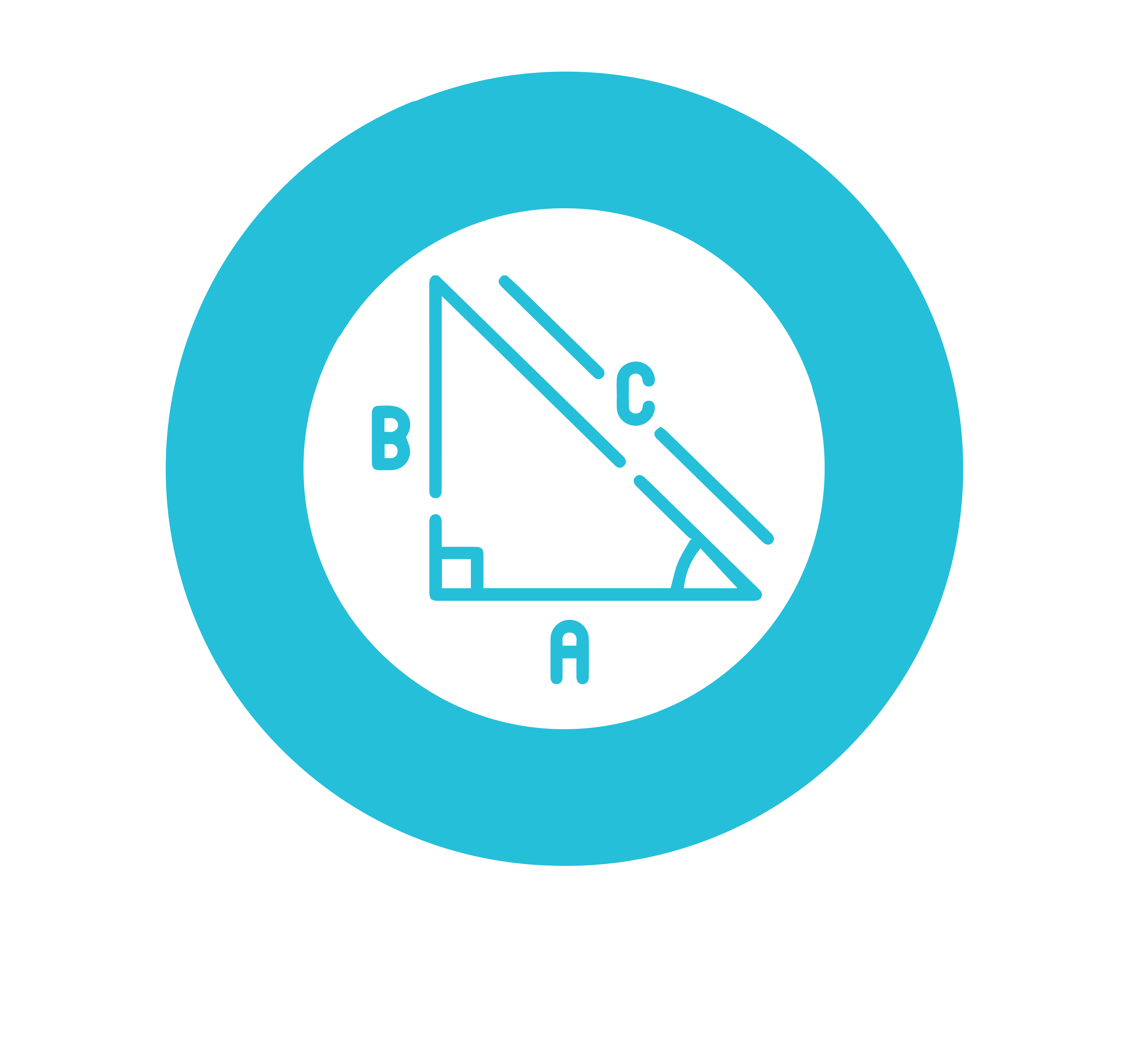
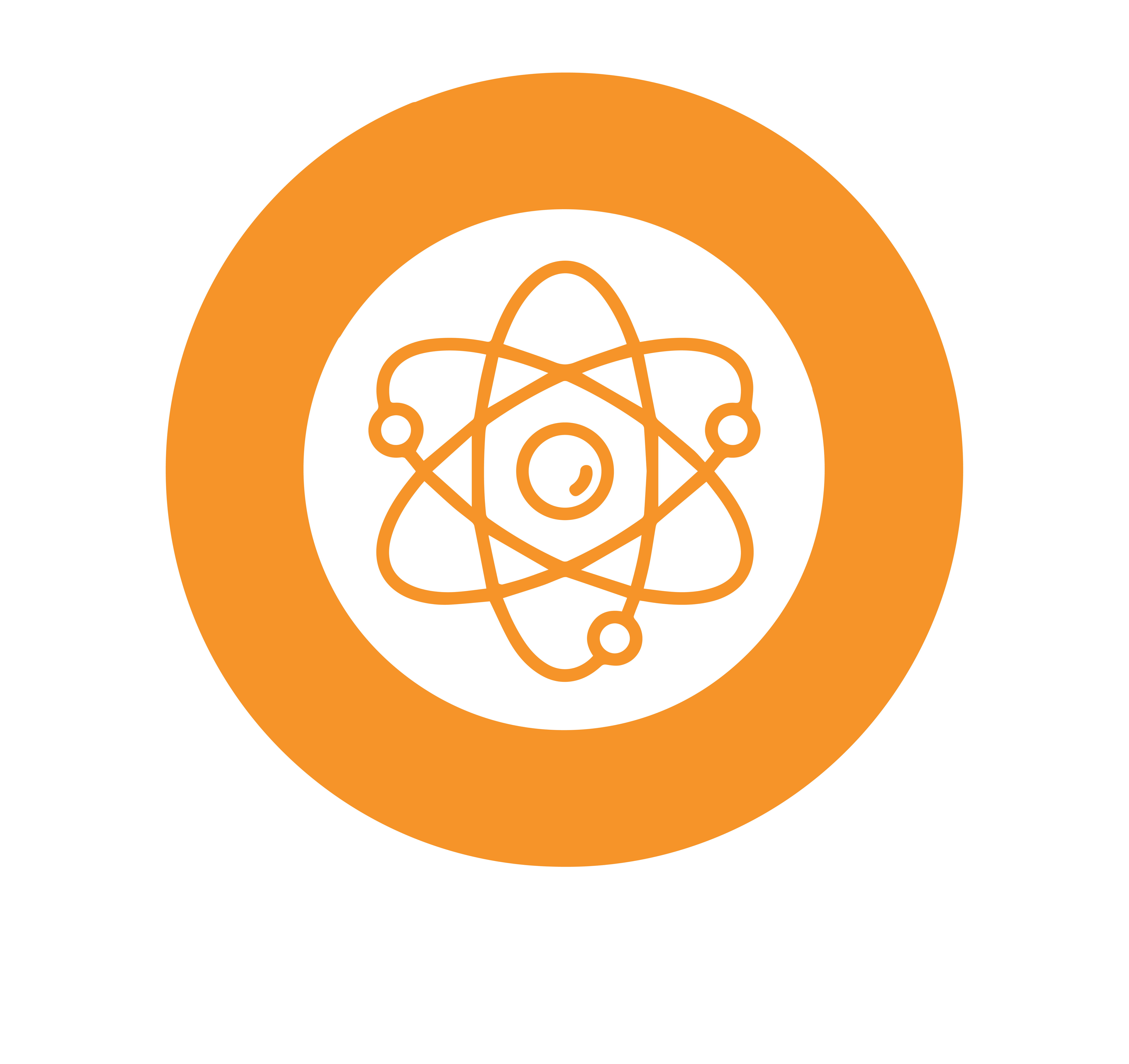
Science
The main aim of the Science programme of study is to help pupils recognise the importance of science in the world. The programme is engaging, practical and will allow the pupils to experience science using real and accessible examples. The learning is put into a real-world context, developed to raise the cultural capital of our pupils using local, as well as world examples. This programme will teach pupils to challenge their own ideas about science and to reflect on learning. The programme seeks to raise the profile of science for the pupils and to help pupils understand the value of science in their lives and the lives of others.
Flexibility is key to the implementation of the Science programme. Pupils are accepted by the provision throughout the year with significant gaps in their knowledge, often having missed years of education. The programme can be individualised with every lesson having achievable intentions, varying in complexity to accommodate all learners. This programme will help facilitate the transition into mainstream education and has been tailor-made to consider the backgrounds of pupils, previous attitudes towards science and the varying stages of scientific knowledge.
Personal, Social, Health and Citizenship Education (PSHCE)
The PSHCE curriculum is designed to give pupils the knowledge and skills they need to handle life’s challenges and responsibilities. It follows guidelines from the PSHE Association and the Department for Education (DfE), covering topics like Relationships and Sex Education, and Health Education.
The main goal of this curriculum is to help pupils stay safe, healthy, and prepared for their future. It teaches important life skills, such as how to build self-esteem, be resilient, and show empathy towards others. By learning these skills, pupils can overcome obstacles that might get in the way of their education and future success.
The curriculum is divided into three main themes:
• Health and Wellbeing: This theme focuses on teaching pupils how to take care of their physical and mental health. They learn about staying fit, eating well, and coping with stress. It also covers important topics like puberty, personal hygiene, and basic first aid skills.
• Healthy Relationships: In this theme, pupils learn what makes a healthy relationship, whether it’s with friends, family, or romantic partners. They discuss respect, consent, and how to deal with peer pressure. The curriculum also talks about different sexualities and gender identities, making sure everyone feels included.
• Living in the Wider World: This theme helps pupils understand their role in society. They learn about their rights and responsibilities as citizens, how to prepare for a job, and the importance of being respectful and responsible. Activities include writing a CV, researching careers, and practicing interview skills.
The PSHCE curriculum is flexible, so it can be adapted to meet the needs of the pupils and respond to new issues as they come up. The topics are revisited throughout Years 7 to 9 to reinforce learning and deepen understanding. Lessons include discussions, reflection questions, and feedback to help pupils connect what they learn to their own lives.
By the end of this curriculum, pupils will have learned how to stay safe and healthy, both physically and mentally. They will have developed important skills like self-confidence, problem-solving, teamwork, and respect for others. These skills are not only crucial for their personal growth but also help them succeed in school and beyond.
The curriculum also sets a strong foundation for pupils who continue their education in Key Stage 4, particularly in subjects like BTEC Personal Growth and Wellbeing, preparing them for their future careers and helping them become responsible and respectful members of society.

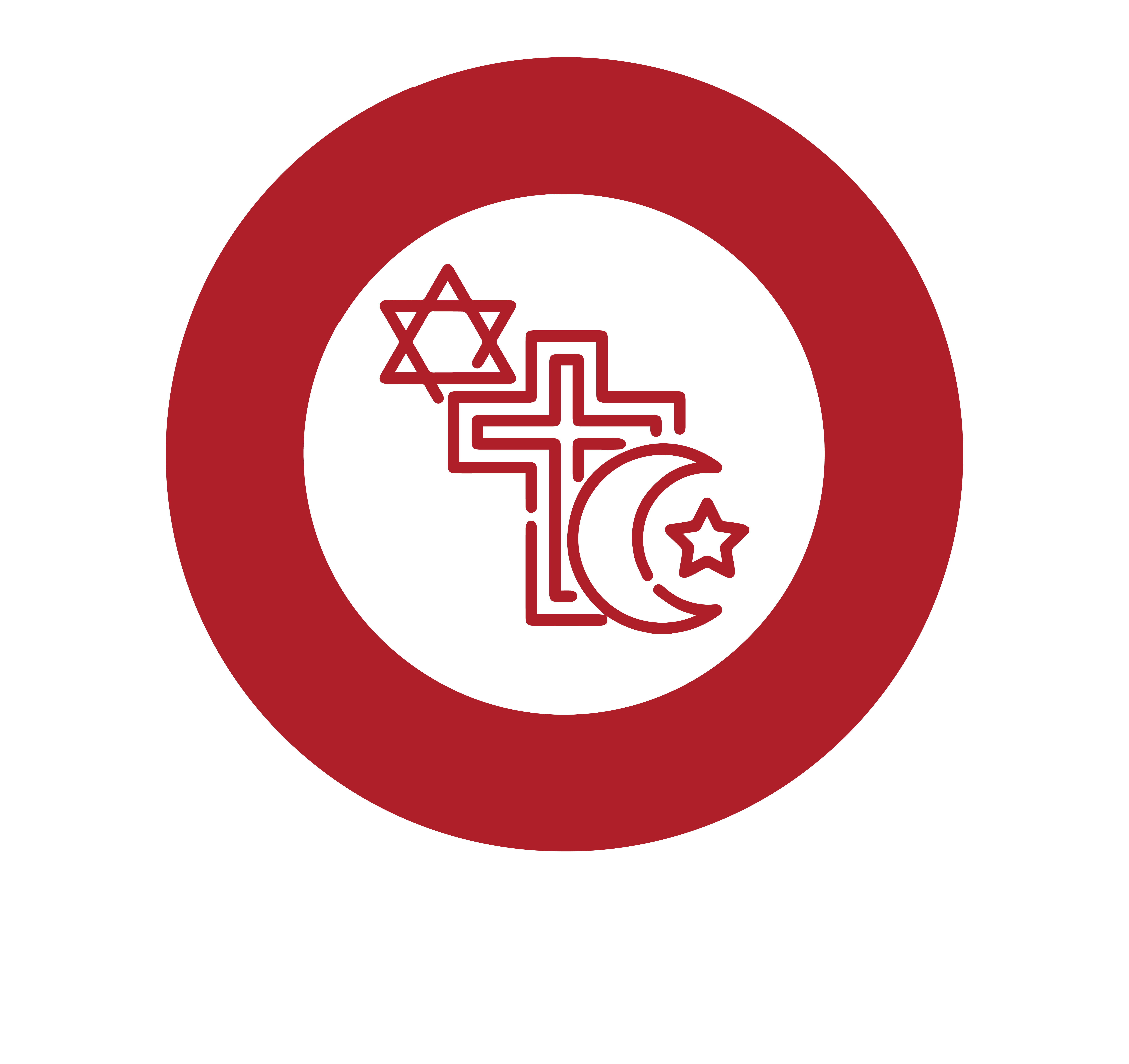
Culture and Belief
The Culture and Belief curriculum is a three-year program designed to give pupils a strong understanding of various religions and worldviews. It follows the locally agreed syllabus, “Believing and Belonging,” and aims to foster empathy, respect, and critical thinking. The main goal is to help pupils understand different perspectives, making them informed and positive members of society.
The curriculum builds on pupils’ previous knowledge, filling in any gaps and deepening their understanding of culture and belief. Through studying a wide range of religious and cultural practices, pupils will learn how beliefs are expressed both locally and nationally. The curriculum is designed to develop pupils’ understanding of different religions and worldviews, enhance their critical thinking skills, and prepare them to be active participants in society.
The curriculum is organised into six key pathways that guide pupils through the essential aspects of Religious Education (RE):
• The Nature of Religion and Belief: Understanding the basic concepts of religion and belief.
• Expressing Belief: Exploring how people show their beliefs in different ways.
• A Good Life: Learning about the values and practices that define a good life in various belief systems.
• Personal Journey: Reflecting on personal beliefs and how they might change over time.
• Influence and Authority: Examining what influences religious beliefs and practices.
• The Big Picture: Understanding how religion and belief affect society and the world as a whole.
The curriculum aims to help pupils become well-rounded individuals with a deep understanding of various religions and the ability to critically analyse different beliefs. Pupils will develop essential life skills, such as debating, respecting others, understanding different viewpoints, and practicing tolerance. These skills are crucial for their personal development and future success.
In addition, the curriculum enhances pupils’ cultural awareness, helping them understand global issues and their role in society. British Values, such as respect for others, reflection on different perspectives, and responsibility, are integrated throughout the curriculum. By learning about different cultures and beliefs, pupils will be better prepared to navigate a diverse and ever-changing world.
To enhance the learning experience, the curriculum includes educational visits and guest speakers. These opportunities provide pupils with realistic insights into religious practices and encourages them to challenge any misconceptions they may have. These experiences help pupils connect their learning to broader social contexts and explore potential career paths related to culture and belief.
If any parent wants to withdraw their child from RE, they must put this in writing to the Headteacher, who will then invite them to attend a meeting to discuss the matter further.
Geography
The Geography curriculum is a three-year programme of study that is designed to provide pupils with a broad, balanced, and bespoke geography curriculum enabling learners to develop and learn different areas within the field of Geography.
Pupils will gain an understanding of what Geography is and why we study the subject. Pupils will gain a better understanding of their local area as well as the rest of the UK and out place in the world. This topic introduces some key geographical skills including grid referencing and using data, as well as providing pupils with a basic knowledge and understanding of the key topics in contemporary geography. This is revisited at the start of each year.
In the first year, pupils have the chance to study natural hazards. Commencing with looking at what is meant by a hazard and where in the world different types of hazards occur. The topic itself looks at tectonic earthquakes and tsunamis, as well as volcanoes The pupils get a chance to investigate the cause, effects and responses to different hazards looking at specific case study examples that they may have heard
about. We then progress onto population and migration, an important topic as it provides pupils with a broader perspective on why the number
of people living on this planet is growing and the Earth’s capacity to support this growth.
During the second year, pupils move onto the controversial topic of ‘scarcity of resources.’ This topic often interests pupils, due to the huge media interest in people like Greta Thunburg many of our pupils may already have a real interest in saving our planet. We start off by looking at the UK’s resource needs, before moving onto energy, both renewable and non-renewable. Pupils will look at the costs and benefits of many
different ways to get the energy we need. Overall, they will consider how varied access to this is around the world and what we can do it help solve some of the world’s issues. Subsequently, pupils will move onto weather patterns, developing a deeper understanding of why we get the weather that we do, by exploring air masses and atmospheric circulation models.
Pupils will them move on to study a range of different weather extremes including droughts and tornadoes. Pupils will then move onto two contemporary topics – travel and tourism and the geography of sport. These topics will serve to further broaden the knowledge of pupils, whilst demonstrating to them the enormous range and depth of subject matter that Geography involves.
During the third year of the programme, pupils focus on two fascinating and high-profile topics – climate change and ecosystems. These topics allow them to explore what we need to survive and how varied the access to these resources are around the world. This topic also allows pupils to gain a deeper understanding of how human and physical processes interact to influence our environment.

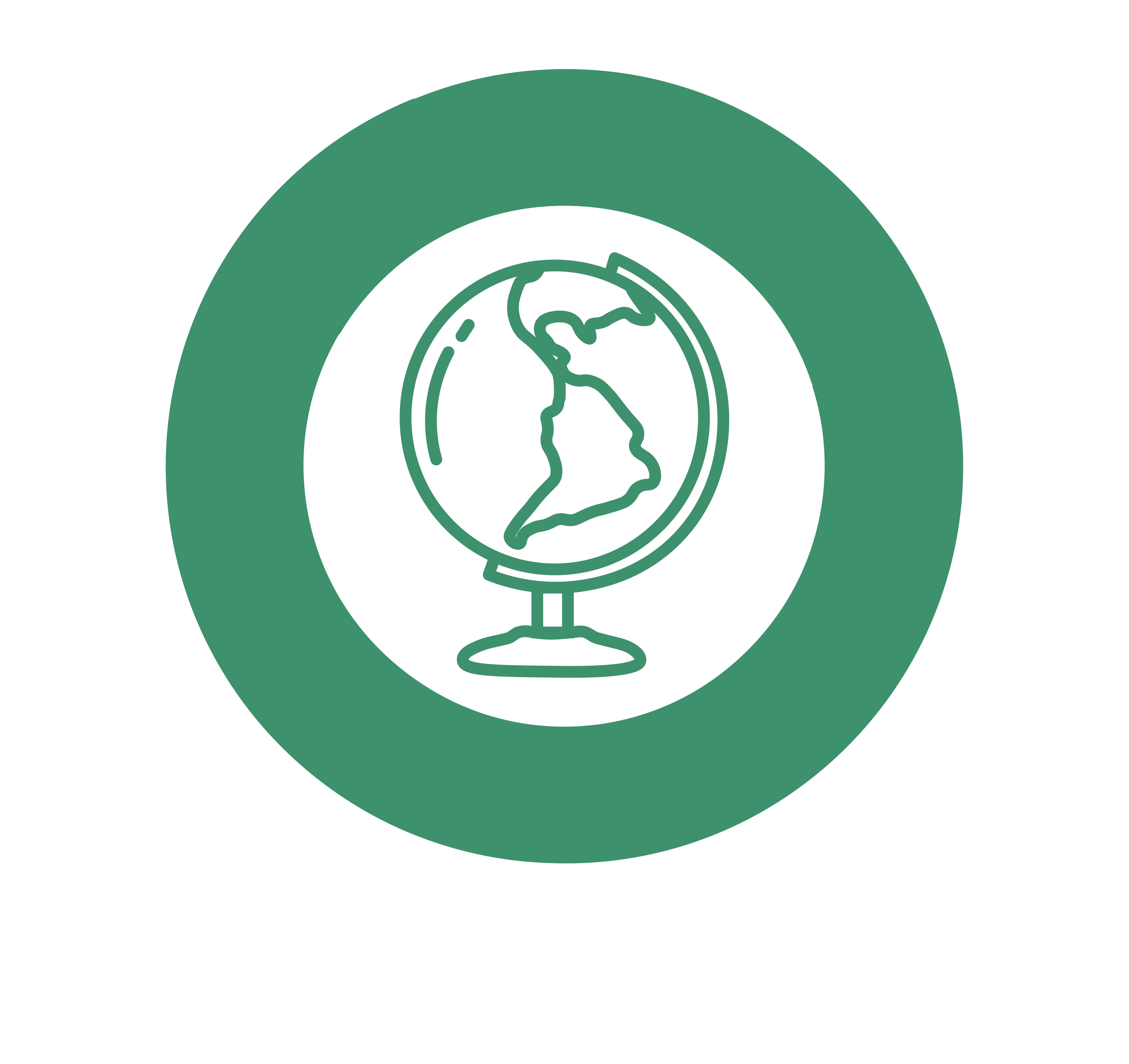
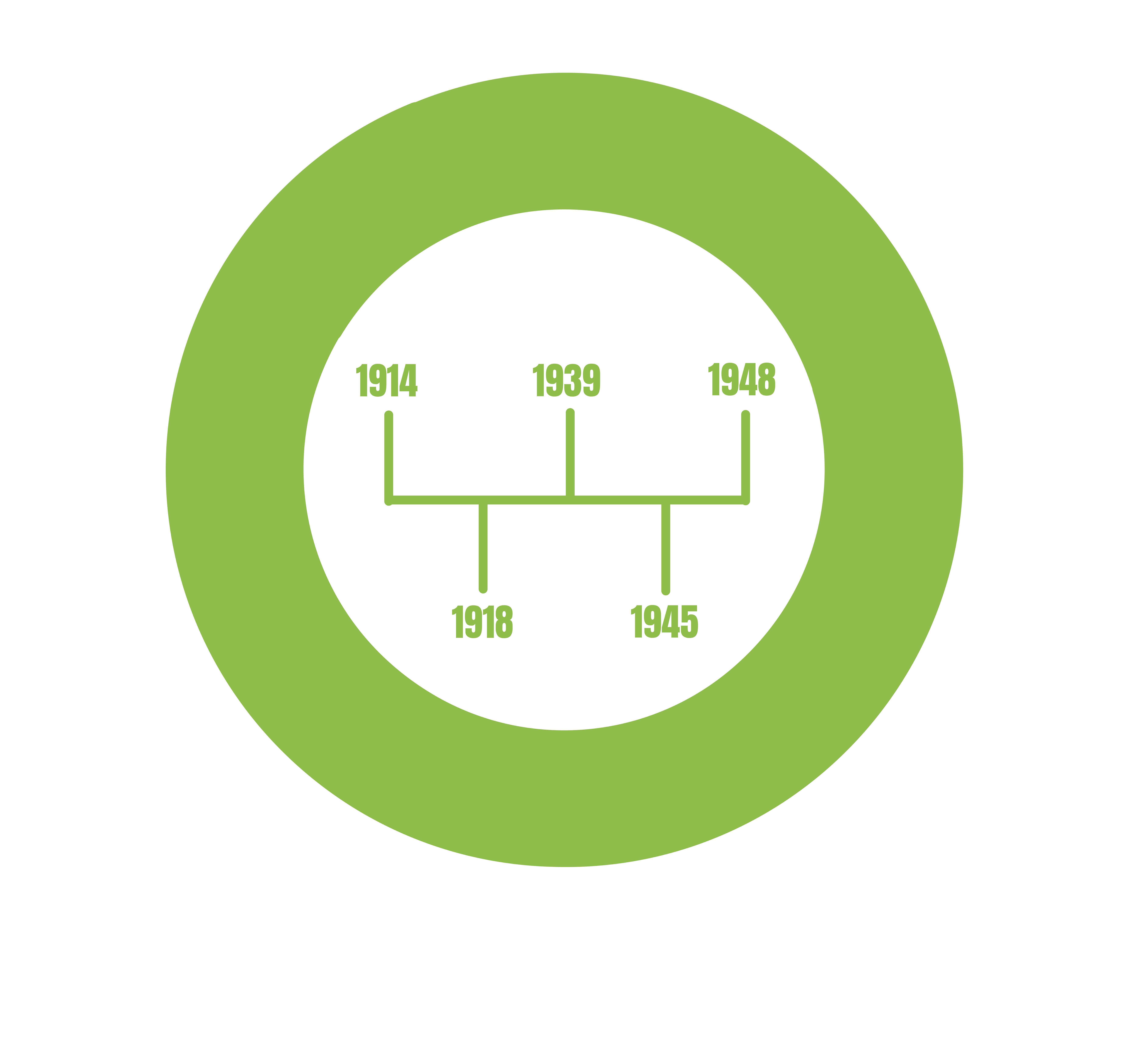
History
The History curriculum is a three-year programme of study that is designed to provide pupils with a broad, balanced, and bespoke history curriculum enabling learners to develop and learn different areas within history.
The History curriculum looks at areas internationally, nationally and then regionally which will provide pupils with an informed ‘world view’ and develop essential cultural capital for our pupils to evolve into rounded British citizens. Within topics such as ‘What is History?’ pupils also investigate careers where history skills are used or necessary in a field of work, demonstrating its importance as part of the national curriculum.
Initially pupils are given an overview of what history is about, the reasons for studying the subject and the skills that are needed to be an effective historian; these aspects are revisited and developed, to reinforce and nurture the capacity to ask perceptive questions, think critically, weigh evidence, sift arguments, and develop perspective and judgement. History helps pupils to understand the complexity of people’s lives,
the process of change, the diversity of societies and relationships between different groups, as well as their own identity and the challenges of their time.
In year one of the programme, pupils study life in Medieval England, with a focus on the Black Death, before progressing onto The Industrial Revolution and the way this started to develop Britain into a more modern society. Finally, pupils have their knowledge and understanding brought up-to-date by studying aspects of Modern History, examining the influence that transport has had on society and the impact of terrorism.
Pupils in year two of the programme will study key aspects of British History, investigating the impact of the Suffragettes on society, Britain’s colonial past and the impact of slavery, and Britain’s role in World War 1. A knowledge and understanding of the history of Britain and how peoples’ lives have shaped this nation will enhance knowledge and cultural capital from a local and national viewpoint.
Finally, pupils broaden their knowledge by examining Britain’s colonial past and how it built its Empire, as well as looking life in Ancient Greece and Ancient Rome. Pupils then progress onto life in Nazi Germany and the impact of the Holocaust. Gaining a historical perspective by placing knowledge into different contexts and making connections between cultural, economic, military, political and social history, will help pupils to
understand continuity and change, cause and consequence.
Computing
The Computing curriculum at the Academy has been designed to inspire pupils to develop an understanding of the technological world around them. Our aim is to ensure that pupils are using technology safely by approaching internet safety scenarios and how to stay safe online. The Computing curriculum offers pupils a broad and balanced approach to ICT and computing.
To engage pupils in lessons, the curriculum offers an interactive approach to the subject by using different tools such as Minecraft Education, Hour of Code and Scratch, when exploring coding and programming, the use of digital media tools such as photography and video editing. Pupils will also learn basic skills with Microsoft Office. The combination of media and computing will help with pupils’ confidence when using computers and will also help them to develop practical skills like, critical thinking, teamwork, and decision making.
A high-quality computing education equips our pupils to use computational thinking and creativity to understand and change the world. Computing has deep links with mathematics, science, design, and technology, and provides insights into both natural and artificial systems.
Computing also ensures that pupils become digitally literate and express themselves and develop their ideas through, information and communication technology which is at a level suitable for the future workplace and allows them to become active participants in a digital world.
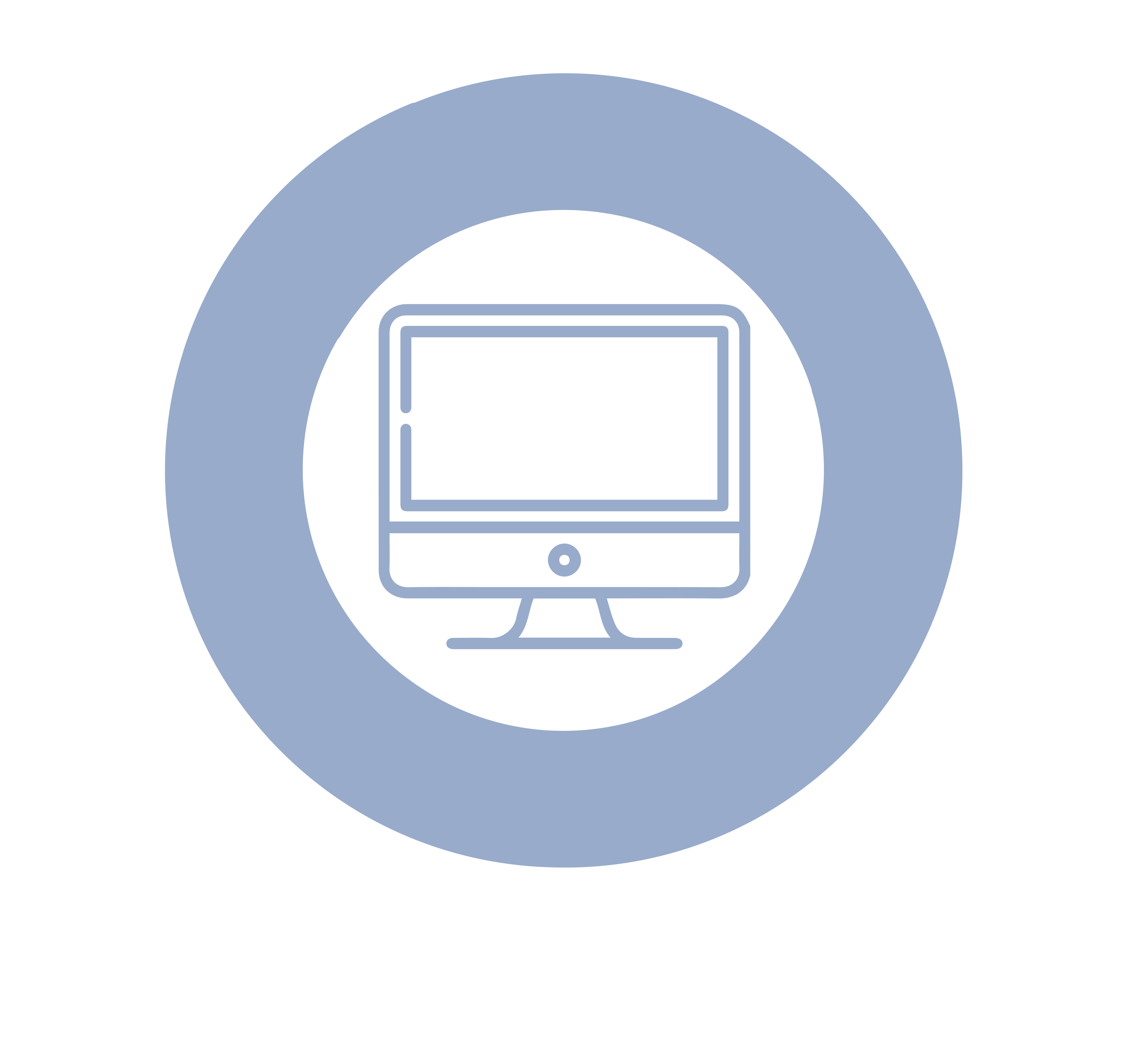
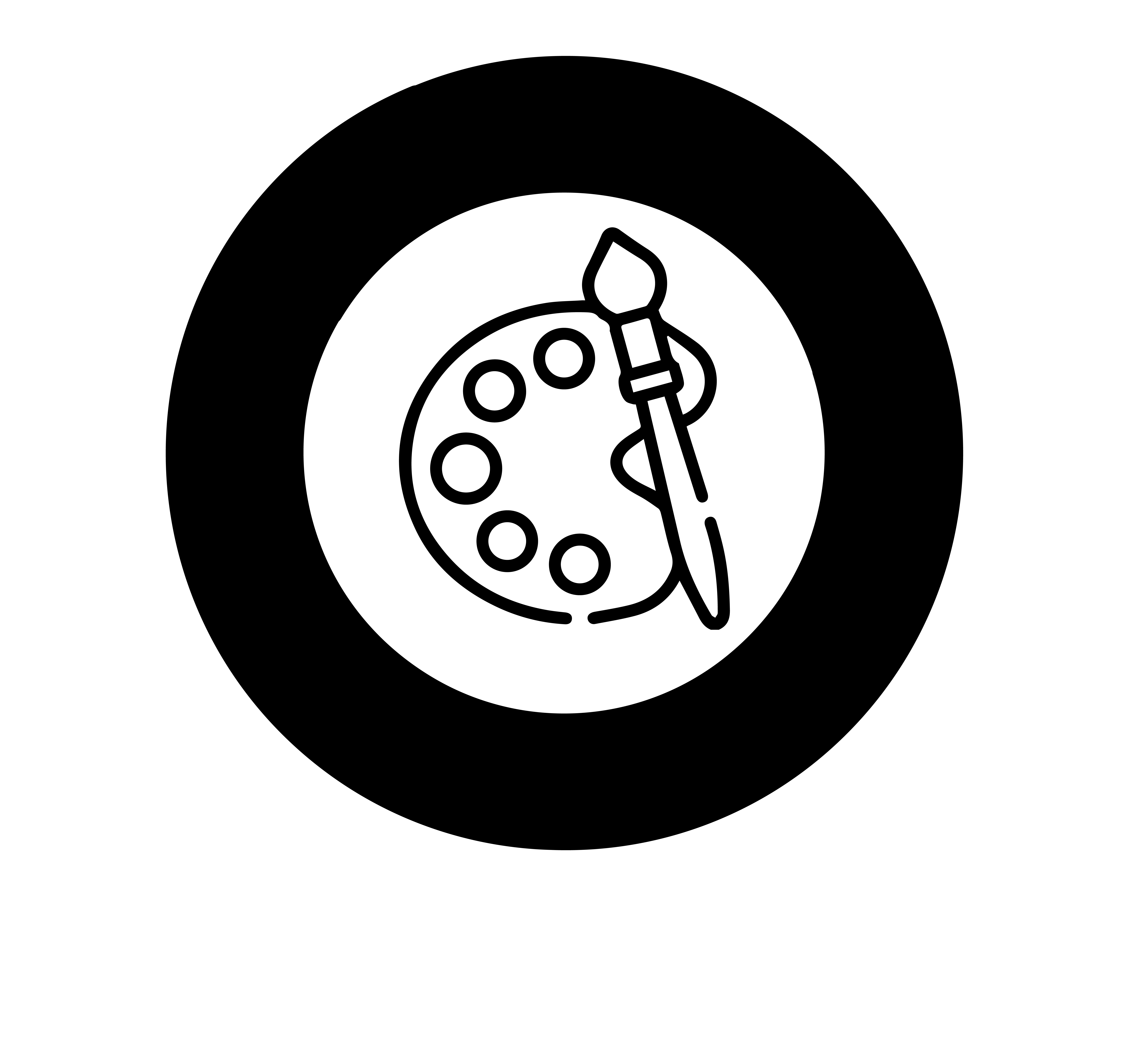
Creative Art
The Creative Art curriculum is a three-year programme of study that is designed to provide pupils with a broad, balanced, and bespoke creative arts curriculum enabling learners to develop and learn different areas including art, drama, and music.
Through the Creative Art curriculum, we intend to engage, or in some cases re-engage, pupils to create a positive ‘can-do’ approach to creative arts. In doing so, the aim is to dispel and preconceptions or anxieties that pupils may have from their time in mainstream education. Lessons are structured and support a range of mixed abilities and the aim is to develop confidence in the subject whilst allowing pupils a safe space to practice, analyse and develop their work through a seventy-thirty split of practical and theory.
These opportunities are provided through the consolidated section of the lesson where pupils review their own work and evaluate their success towards the learning objective. Pupils develop a respect for the different arts through research projects around key figures, movements, and concepts as well as through practising a range of styles and techniques. By the end of Key Stage 3, we aim for each pupil to explore the creation of creative pieces of work learning and improving methods of drawing, painting, sculpture and other art.
Physical Education (PE)
The purpose of PE at The Whitley AP Academy is to provide pupils with a broad and balanced, inclusive PE curriculum which is national curriculum compatible but personalised to meet the needs of our pupil cohort. The desired impact is that the programme will build resilience and confidence to be able to apply theoretical and practical sports knowledge and skills which will be crucial in the pupil’s educational development for reintegration into mainstream KS3 & KS4 PE, as well as preparation for higher level BTEC Sport and related qualifications.
The way in which the PE curriculum is designed and taught, considers the background of the pupils and their attitudes towards sport and PE,
catering for a range of needs and abilities. The programme aims to engage, or in some cases, re-engage pupils to create a positive attitude and approach to sports and PE. The curriculum strives to build confidence and comprehensive knowledge of sport and PE for each individual pupil through careful planning and delivery of unit content in a range of sports and activities.
Within the curriculum, pupils are also provided the opportunity to partake in different educational visits to sports facilities and venues as well as opportunities to compete competitively within their cohort, and with other local provisions. The curriculum is designed to be delivered in an applied way, delivering appropriate content focussing on practical and technical skills of sports, as well as developing interpersonal and intrapersonal skills that are pivotal to being successful in their future lives and careers. One of the main holistic outcomes for KS3 PE is for pupils to build their confidence and self-esteem, so that pupils can thrive within and outside of the classroom.
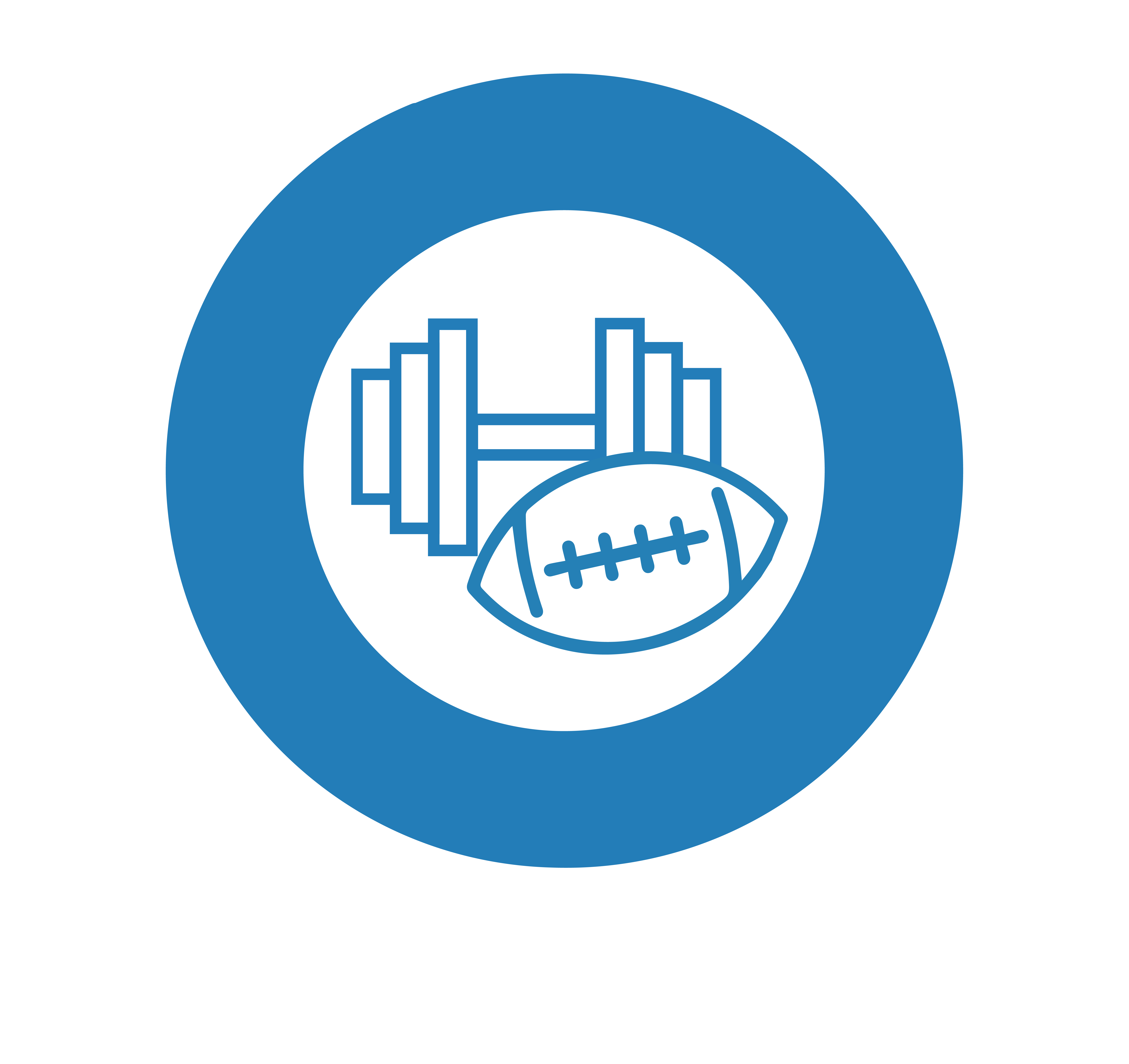
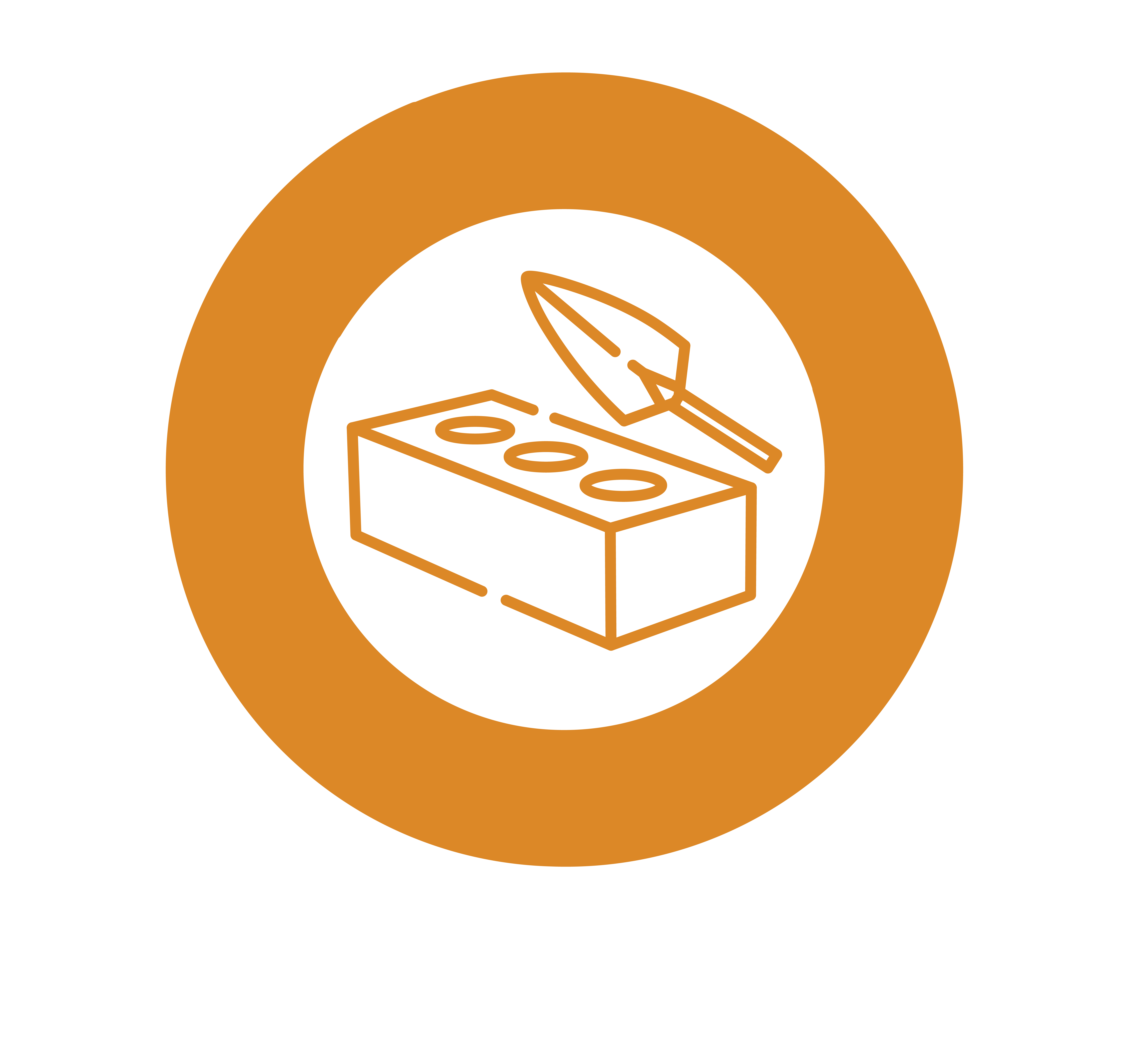
Design Technology (DT)
The Design and Technology curriculum at the Academy is delivered through a variety of creative and practical activities. Pupils will be taught the knowledge, understanding and skills needed to engage in the interactive process of designing and making. They will work in a range of domestic, local and industrial contexts while helping the school build wider local relationships.
The programme of study will build pupils’ confidence while helping them recognise their personal strengths and help them use these effectively in tasks not only in Design and Technology but in other education settings. The Design and Technology programme aims to build other skills such as; being able to work independently and as part of a group, while also respecting others and their own work.
The pupils will work through a series of practical models with the degree of difficulty and skills required becoming gradually harder, this will push the pupils’ hand to eye coordination and help build up their resilience and confidence. The theory lessons will embed any prior knowledge gained and assist with improving pupil’s overall outcomes.
Food Technology
The Food Technology curriculum at the Academy is a broad and bespoke curriculum delivered over three years. The programme of study allows pupils to learn a range of subject specific knowledge and skills which will be vital for their future. The aim of the curriculum is to prepare pupils for independent living by providing them with the ability prepare and cook a wide range of nutritious meals for themselves and others.
The curriculum prepares pupils for KS4 Hospitality & Tourism studies, further education and for life beyond the classroom. At the Academy we strongly believe it is important for pupils to be prepared for life after education and to learn how to make cost effective decisions on food, which is reflected through our Food Technology curriculum. The curriculum is designed to not only enhance pupils’ subject knowledge but also to support pupils’ social and personal development.
The programme of study is delivered to all KS3 pupils through two lessons per week. The initial lesson in the week is a theory lesson, in which pupils will learn subject related knowledge. The subsequent lesson is a practical based lesson in which pupils have the opportunity to apply the knowledge and skills they have learned. Knowledge recall is a vital part of this subject; there will be regular opportunities to recall prior knowledge.
The Food Technology curriculum has many cross-curricular links including, Maths, English, Science, PSHCE and Culture & Belief. Lessons are designed to provide pupils to apply skills learned in these subjects in real life context. Health, safety and hygiene principles will be covered at the start of each academic year. Pupils will learn about the importance of having a balanced diet and eating healthy, where our food comes from, how to make cost effective choices about food, the links between climate change and food security and ethical food choices. Built into the curriculum is also careers education on job roles within the cooking industry. Pupils will explore many different careers and will be regularly
signposted to careers which link to the learning.
